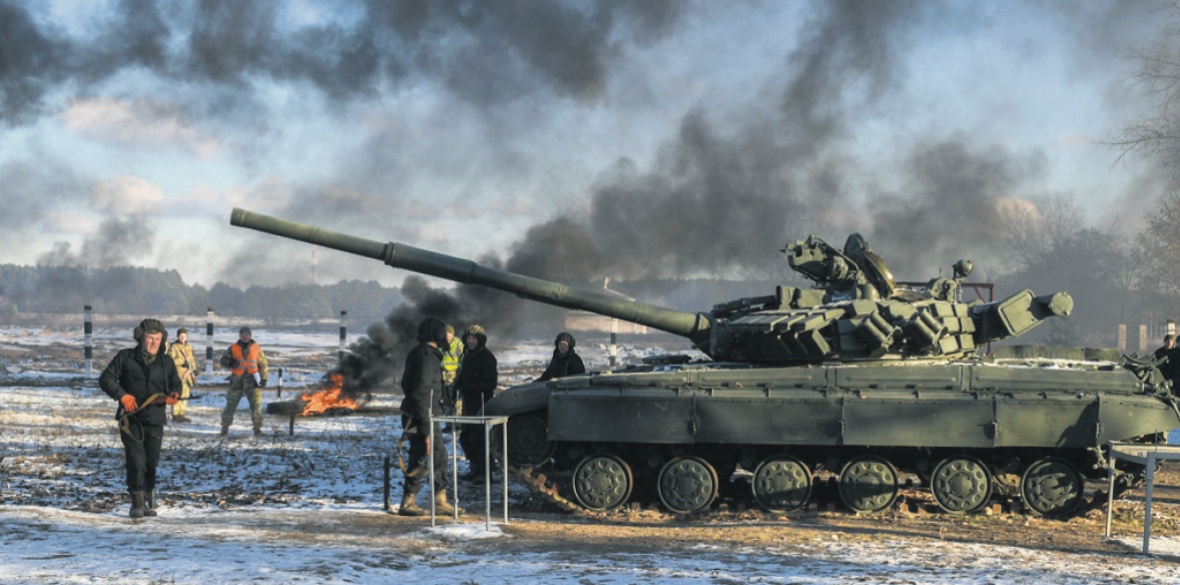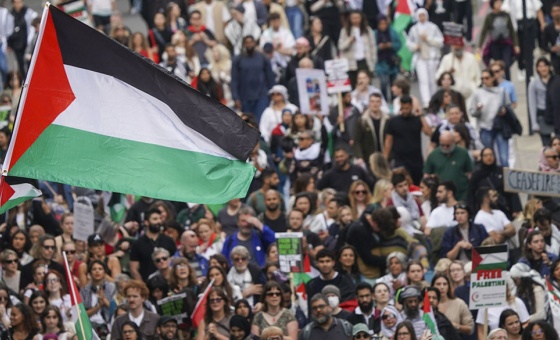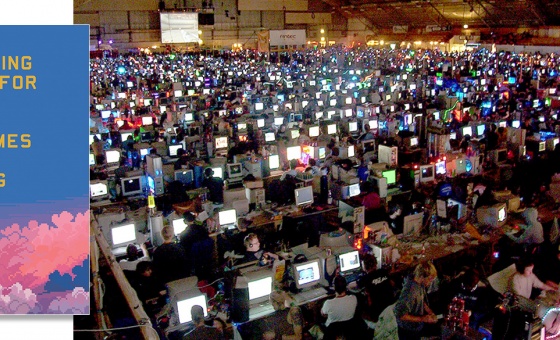This is the last article you can read this month
You can read more article this month
You can read more articles this month
Sorry your limit is up for this month
Reset on:
Please help support the Morning Star by subscribing here
THE RECENT incident in the Kerch Strait has brought Ukraine to the brink of war with Russia, Ukrainian President Petro Poroshenko said.
“The country is under the threat of a full-scale war with the Russian Federation,” he declared in an interview with Ukrainian TV. Poroshenko is facing elections shortly and is unlikely to win. By provoking this incident he is hoping to bolster his image as Ukraine’s “protector.”
The sailing of Ukrainian boats on November 25 across Russia’s maritime border towards the Kerch Strait and the entrance to the Sea of Azov were, according to the Russian Foreign Ministry a “provocation committed in violation of international law.” The ships were seized by Russia when no reply was received to a lawful demand to stop.
Earlier, the Ukrainian parliament approved Poroshenko’s decree, which proposed to introduce martial law in some regions of the country along the border with Russia as well as along the coast of the Black Sea and Sea of Azov for 30 days after the detention of three Ukrainian military ships by Russia in the Kerch Strait.
This recent shipping incident is a logical sequence to the bloody confrontations over the largely Russian-populated Donbass region and the belligerent Ukrainian response to the declaration of secession by the Crimea.
The West has characterised Russia’s attempts to defend ethnic Russian populations in Ukraine and its “annexation of the Crimea” as further evidence of its expansionist aims and aggressive policies.
Unlike Gibraltar, annexed by the UK, and Guantanamo in Cuba, illegally occupied by the US, Crimea had been part of Russia for centuries and, unlike Gibraltar or Guantanamo, is a vital element of Russia’s southern defence, so its population of almost 70 per cent ethnic Russians voted overwhelmingly in a referendum to join Russia.
Ukraine’s reaction to Russia’s assertion of its legitimacy there, in the face of continued provocation, has only escalated confrontation. Kiev is now deliberately trying to cut off Crimea peninsula's water supply by building a dam across the only canal that brings in fresh water to the peninsula. Ukraine provided up to 85 per cent of the peninsula’s water needs, through this canal stretching from the Dnepr River. The Crimean authorities have repeatedly asked Kiev to renegotiate water supply contracts. In the meantime Russian scientists are trying to find ways to supply Crimea with fresh water.
Kiev closed sluices of the North Crimean Canal in April. At the time of the closure, Crimean Prime Minister Sergey Aksyonov called Kiev's move an act of sabotage.
A ready supply of water is essential for Crimea’s agricultural sector.
With water cut off, Crimean farmers are estimated to lose up to five billion roubles (£110 million), according to Russia's Agriculture Ministry. Kiev has refused to accept advance payments for Crimean water.
“As one of options of providing the peninsula with water, we are considering an option of drawing water supply from the Kuban River and channelling it through the Strait of Kerch to the end portion of the North Crimean Canal,” a Russian spokesperson said.
To do this, an underground pipeline has to be built in three segments, with each stretching about 130 kilometres. The options of laying a pipeline through the sea bed of Kerch Strait on special supports or as part of a bridge is now in the design stage.
The provocation by Ukrainian ships is probably linked to the Russians’ plans to construct a water pipeline through the Sea of Azov and the Kerch strait. The Ukraine government hopes that, by escalating the confrontation with Russia, its Nato allies will come to its aid.
It must be aware, despite Poroshenko’s posturing, that his country would be unable to wage war with Russia on its own. This confrontation is the logical outcome of the Nato push to the East and its attempts to encircle Russia.
If Western powers do not blow the whistle on Ukrainian adventurism, we could soon find ourselves in one of the most dangerous situations since the end of the cold war.









